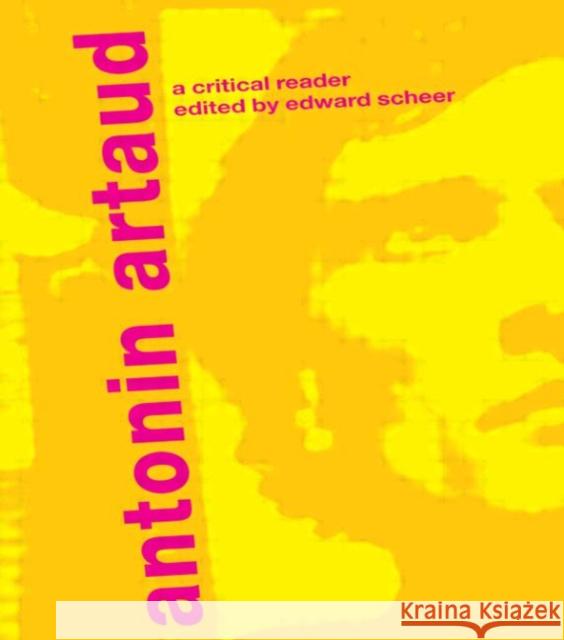Flexible Learning in Action: Case Study in Higher Education » książka
topmenu
Flexible Learning in Action: Case Study in Higher Education
ISBN-13: 9780749423919 / Angielski / Miękka / 1997 / 208 str.
Flexible Learning in Action: Case Study in Higher Education
ISBN-13: 9780749423919 / Angielski / Miękka / 1997 / 208 str.
cena 176,27
(netto: 167,88 VAT: 5%)
Najniższa cena z 30 dni: 174,11
(netto: 167,88 VAT: 5%)
Najniższa cena z 30 dni: 174,11
Termin realizacji zamówienia:
ok. 16-18 dni roboczych.
ok. 16-18 dni roboczych.
Darmowa dostawa!
First Published in 1997. Routledge is an imprint of Taylor & Francis, an informa company.











